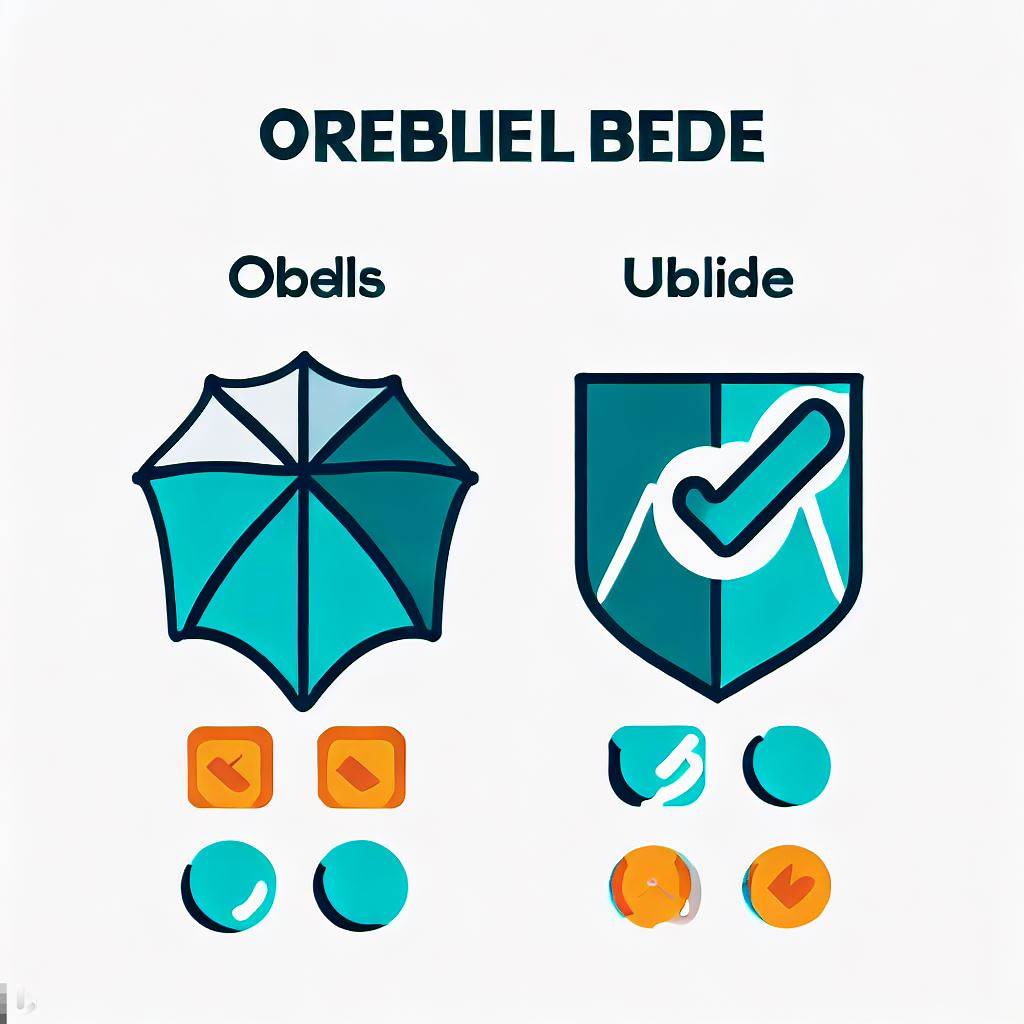Umbrel vs Citadel: A Detailed Comparison

When it comes to running a Bitcoin node, two popular options are Umbrel vs Citadel. Both platforms are designed to be user-friendly and make it easy for individuals to participate in the Bitcoin network. However, there are some key differences between the two that could influence your decision on which one to use.
Key Differences Between Umbrel vs Citadel
While both Umbrel and Citadel offer similar functionalities, there are some notable differences:
| Feature/Aspect | Citadel | Umbrel |
|---|---|---|
| Licensing | GNU GPL & GNU AGPL (Fully open source) | Polyform Noncommercial (Restricts commercial use) |
| App Permissions | Strict permission system (Prevents apps from doing anything malicious) | All apps have full system access |
| HTTPS Support | Built-in (Protects local connections, great for public sites) | Not supported |
| Speed on Raspberry Pi | 1.8 GHz | 1.5 GHz |
| Software Stack | Debian 11, Docker Compose v2 | Debian 10, Docker compose v1 |
| Site Speed | Very fast (According to PageSpeed Insights, June 2023) | Slow (According to PageSpeed Insights, June 2023) |
| App Updates | Delivered within a few days after release | Often delayed |
| Lightning Integration | Full integration for both Core Lightning and LND | Separate apps for LND & Core Lightning, Core Lightning integration lacking |
| Upgrade Path | Working on an easy way for Umbrel users to upgrade to Citadel | Not applicable |
These points provide a more detailed comparison between Umbrel vs Citadel, highlighting the differences in licensing, app permissions, HTTPS support, speed, software stack, site speed, app updates, Lightning integration, and the upcoming feature to upgrade from Umbrel to Citadel.
Umbrel vs Citadel: Which One to Choose?
Both Umbrel and Citadel are popular options for running a Bitcoin node, and they share a similar design and functionality. However, there are some key differences between the two:
Open Source:
Citadel is fully open-source, whereas Umbrel has some restrictions and does not allow commercial use. The open-source nature of Citadel means that if there are updates to Bitcoin (like the Taproot update), any developer can publish the update for Citadel, ensuring that users aren’t dependent on the original developers to stay up-to-date1.
Operating System and Performance:
Citadel offers a faster operating system that is optimized for the Raspberry Pi, which could lead to better performance if you are running your node on a Raspberry Pi device. Citadel also provides independent and faster app updates2.
User Interface:
Both Umbrel and Citadel offer user-friendly interfaces, which makes setting up a Bitcoin node straightforward, even for beginners. Umbrel’s setup process is simple and well-documented, making it a good option for new users. Citadel also offers an up-to-date user interface with built-in dark mode, which might be preferred by some users2.
Community and Support:
User experiences for both Umbrel and Citadel seem generally positive, with users appreciating the ease of setup and functionality of both options. With Citadel, users have mentioned the ability to connect a hardware wallet, run their own mempool space, and experiment with Lightning. However, there is a learning curve with Citadel once the node is set up, with users asking for more guidance on how to utilise the node beyond the initial setup3.
Remember, the choice between Umbrel vs Citadel will depend on your specific needs, preferences, and technical skill level. Both options provide a relatively easy way to set up and run a Bitcoin node, with Citadel offering a few more features and improvements due to its open-source nature. Happy exploring!
Conclusion of Umbrel vs Citadel
What is the Best Alternative to Umbrel OS?
When it comes to finding an alternative to Umbrel OS, RunCitadel.space stands out as a compelling choice. It’s a fully open-source project that offers a user-friendly interface, a robust set of features, and a community-driven approach. The choice between Umbrel vs Citadel ultimately depends on your specific needs and technical skill level. Both options provide an accessible way to set up and run a Bitcoin node, but Citadel offers a few more features and improvements due to its open-source nature.
As you embark on your journey with Citadel, remember that your feedback and contributions can help shape the future of the project. If you find value in Citadel and want to support its development, consider making a donation. Every contribution, no matter how small, helps to keep the project moving forward.
Thank you for reading, and happy exploring in the world of Umbrel vs Citadel!
Additional sources:
What is the differences between an Umbrel and a Citadel Node?
What is the best alternative to Umbrel OS?
Alternative to CasaOS & Umbrel
For further assistance you can read RunCitadel FAQs and to engage with the community, you can visit Citadel’s Forum & Telegram Group. It’s a great platform to ask questions, share experiences, and learn more about the project. Also follow RunCitadel on Twitter.
0 Comments on “Umbrel vs Citadel: A Detailed Comparison”